
"In the still older strata do the fossilized bones of an ape more anthropoid, or a Man more pithecoid, than any yet known await the researches of some unborn paleontologist?"
-Thomas H. Huxley, Evidence as to Man's Place in Nature
Huxley, Thomas H. 1863. Evidence. Ape and Human Skeletons.
Discovering Human Antiquity | Linda Hall Library Digital Collections
"'Lucy is approximately 3.5 million years old. She is the oldest, most complete, best-preserved skeleton of any erect-walking human ancestor that has ever been found.'"
- Donald Johanson, Lucy: the Beginnings of Humankind
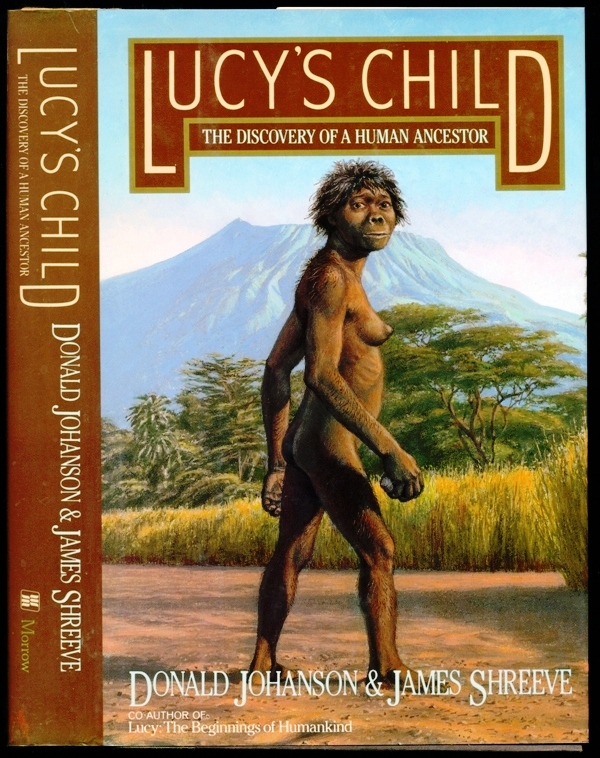 Lucy's Child: The Discovery of a Human Ancestor
by
Lucy's Child: The Discovery of a Human Ancestor
by
 Piltdown: A Scientific Forgery
by
Piltdown: A Scientific Forgery
by
"The end of Piltdown man is the end of the most troubled chapter in human palaeontology."
-J. S. Weiner, The Piltdown Forgery
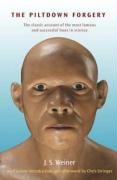 The Piltdown Forgery
by
The Piltdown Forgery
by
 The Piltdown Inquest
by
The Piltdown Inquest
by
 The Piltdown Papers, 1908-1955
by
The Piltdown Papers, 1908-1955
by
The Linda Hall Library Catalog contains a number of titles on the significance of the fossil record and its impact on our understanding of human evolution. Search for a fossil of particular interest, such as the famous Australopithecus afarensis, "Lucy," or read about the archaeological evidence thus far. In the Linda Hall Library History of Science Collection, follow the earliest ideas about the relationship between human bones and those of our closest ape relatives by such famous naturalists as Thomas Huxley, and explore the Linda Hall Library Databases for the newest publicaitons in this fascinating field of study.
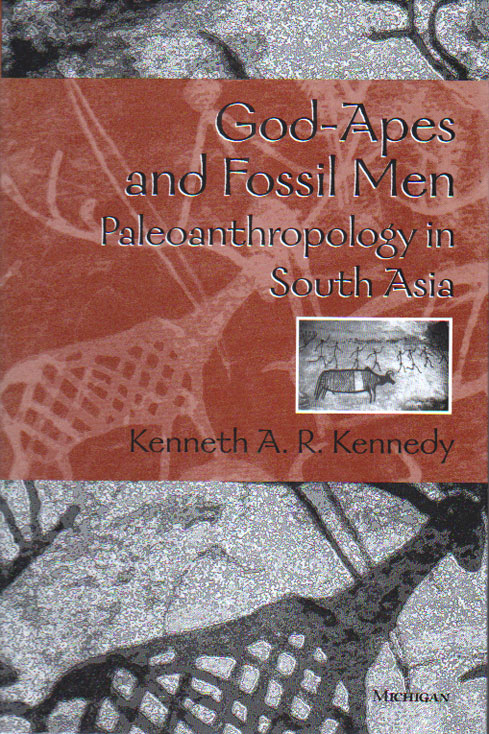 God-Apes and Fossil Men: Paleoanthropology of South Asia
by
God-Apes and Fossil Men: Paleoanthropology of South Asia
by
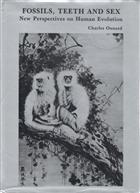 Fossils, Teeth and Sex: New Perspectives on Human Evlolution
by
Fossils, Teeth and Sex: New Perspectives on Human Evlolution
by
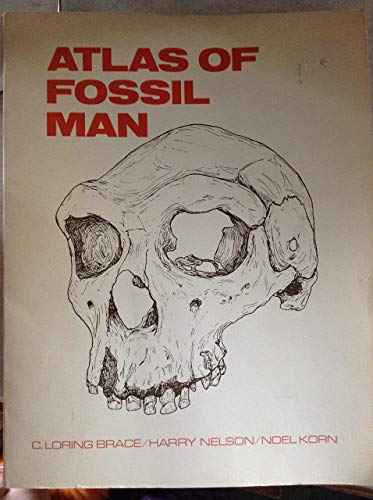 Atlas of Fossil Man
by
Atlas of Fossil Man
by
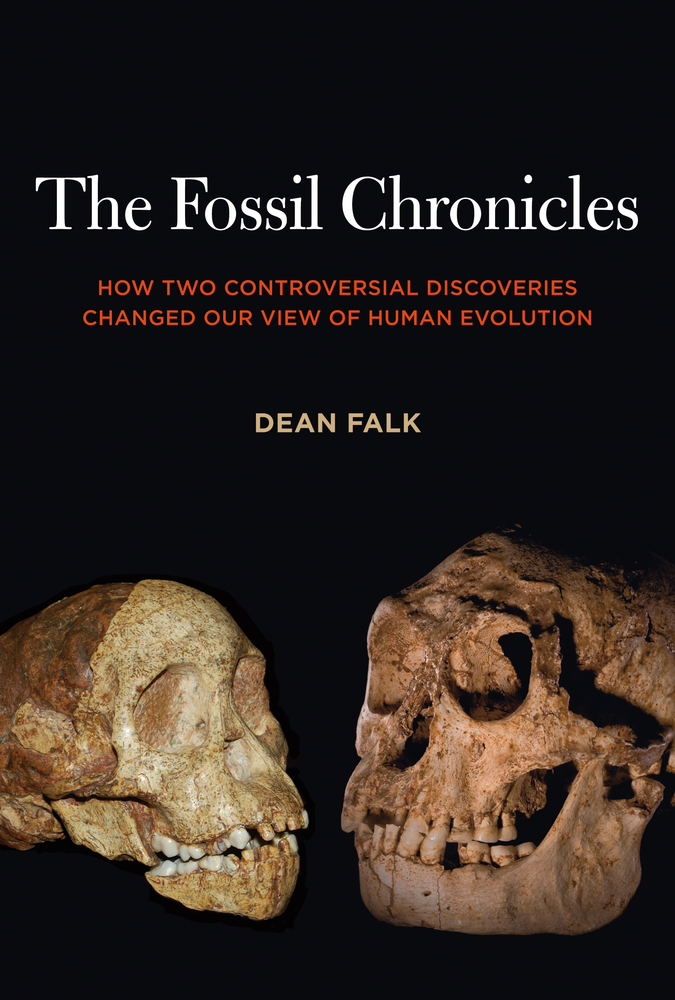 The Fossil Chronicles - How Two Controversial Discoveries Changed Our View of Human Evolution
by
The Fossil Chronicles - How Two Controversial Discoveries Changed Our View of Human Evolution
by
 The Nariokotome Homo Erectus Skeleton
The Nariokotome Homo Erectus Skeleton
 The Fossil Evidence for Human Evolution; an Introduction to the Study of Paleoanthropology
by
The Fossil Evidence for Human Evolution; an Introduction to the Study of Paleoanthropology
by
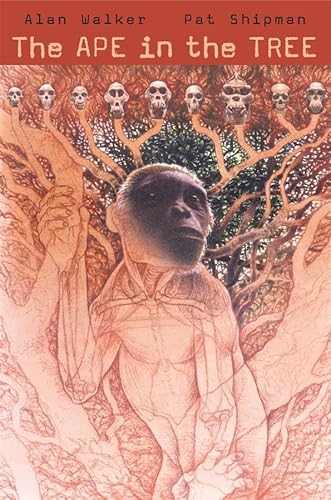 The Ape in the Tree: An Intellectual and Natural History of Proconsul
by
The Ape in the Tree: An Intellectual and Natural History of Proconsul
by
 Evolutionary Trends in Fossil and Recent Hominids
by
Evolutionary Trends in Fossil and Recent Hominids
by
From the impact of prehistoric climates to the evolution of human behavior, the Smithsonian's Website and the Exhibit on Human Origins offer an intriguing, interactive look at human evolution. View the acclaimed reconstructions of human ancestors by John Gurche, who spoke about his work at the Linda Hall Library in May of 2014, and explore links for current research, scientific evidence, and human characteristics to learn some of the answers to the question that defines this field: What Makes Us Human?